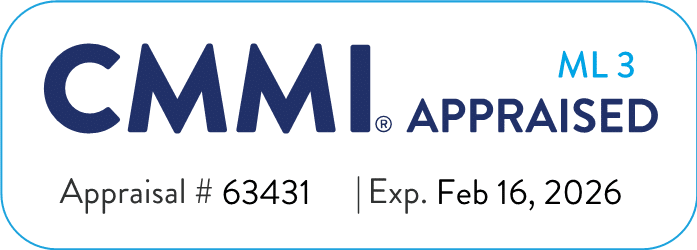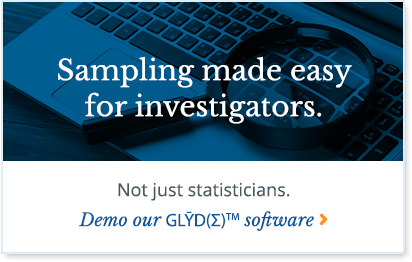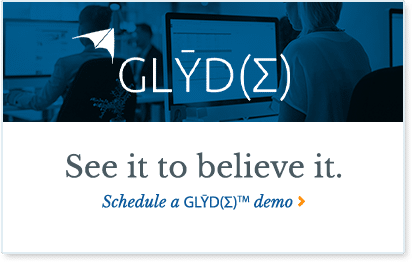Red Flags: Fraud Schemes in Ophthalmology Services
According to the National Eye Institute, by 2050, the estimated number of people with age-related macular degeneration (AMD) in the United States is expected to more than double from 2.07 million to 5.44 million. With the influx of patients expected and healthcare expenditures nearing 18% of the ...
When Amazon Moves In Next Door: Three Benefits of Using a Specialized Recruiter
Unless you’re living under a rock, you probably heard the news — Amazon is expanding and will make their new home (or part of it, rather) in what will now be known as National Landing. What effect will our new neighbors have in the region? While there are many positive impact...
Five Best Practices for Repairing Your Customer Relationship (Pt 2)
There are times, despite your best efforts, things may go wrong, impacting customer satisfaction. When conflict or uncomfortable situations arise, act swiftly to reduce tension and begin repairing your customer relationship using these best practices:
Apologize. Regardless...
Five Customer Service Best Practices to Maximize Retention (Pt 1)
Most businesses have two basic goals: to maintain profitability and to grow revenue. As simple as these goals are, some companies are so focused on growing new business pursuits, they tend to overlook the importance of keeping their current customers satisfied. Generating and...
Comparative Billing Reports: A Valuable Tool for Outreach and Education
In 2016, there were more than 63,600 drug overdose deaths in the United States — this is more than three times the rate in 1999 according to a report from the National Center for Health Statistics (NCHS), part of the US Center for Disease Control and Prevention (CDC).i In a J...
Four Traits of Every Successful Medical Billing and Coding Specialist
Medical coders often serve as the gatekeepers of compliance and quality for healthcare organizations. Errors and mistakes can result in denials, delayed payments, or even put an organization at risk for receiving improper payments. Coding can often involve a complex process a...
So You’ve Detected an Outlier… Now What?
Fighting fraud, waste, and abuse in health care programs is labor intensive often requiring multiple experts including but not limited to data analysts and statisticians, certified coders, clinicians, auditors and fraud investigators.
According to The National Health Expendi...
Five Traits of an Effective Healthcare Data Analyst
The key to successfully harnessing the power of data in healthcare is to analyze, interpret, and share the results in a way that is meaningful and effective for decision makers. Those located at the front lines — healthcare data analysts — play a central role in this process....
Efficiently Evaluating “Big Data” for Medicare Fraud Detection
With over 2 billion Medicare claims available for analysis since 2006, the term “Big Data” has no better application than in the health care industry. The opportunity for meaningful analyses resulting from big data is limitless. However, finding the best method for combing th...
Statistical Bias in Health Care Fraud Detection and Prevention Systems
Organizations across the health care program integrity industry are using analytic solutions for fraud detection and prevention that intake and analyze data to signal the threat of fraud. These solutions can process huge amounts of data from multiple sources and remove much o...











